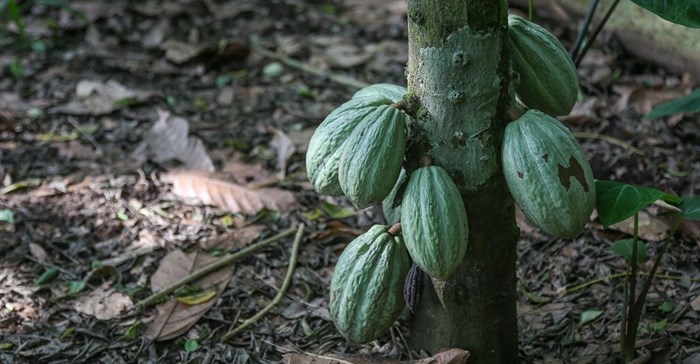AfDB explores investment strategies to tilt markets in favour of African farmers

AfDB Vice-President for Regional Development, Integration and Business Delivery, Khaled Sherif, says for the farmers to close the gaps currently slowing the industrialisation of agriculture, investment strategies should be tailored towards providing high-yielding seeds and making large farms more productive, according to World Stage Group.
“Africa trails the rest of the world in the economies of scale, yet we have seen how economies of scale can work in agriculture. We have seen how it can be done using the right seeds and turning the large farms into large productivity regions. This will ensure Africa does not export just the unprocessed food while we import the processed food worth $35b,” Sherif said Monday during discussions on Transforming African Agriculture into a Lucrative Business at the 52nd session of the AfDB Annual Meetings which took place in the Gujarat State in West India, 22-26 May 2017.
Controlling market booms and busts throught proper management of investments
Sherif believes, with investment strategies properly managed in the continent’s largest cash crop producing regions of West Africa and East Africa, markets could be tilted and produce effectively controlled so that the market booms and busts are properly managed and prices stabilised.
Citing the case of cocoa, which is the main cash crop export of Cameroon, Ghana and Côte d’Ivoire, Sherif said the investment in large storage facilities would enable the governments of those countries to manage the release of raw cocoa beans into the world market in order to control the prices. “These countries are currently the price-takers, not price makers and yet they are the producers,” Sherif said.
“The dipping of the world cocoa prices has created such a big dip for the economies of the West African countries. This was a result of the bumper harvest of cocoa, which led to excess supply.”
The failure by the countries of the region to control the supply led to a price loss of $1.2b, Sherif said. The losses could be curbed if the producers invested in warehousing and encouraged investors especially the world’s largest processors of cocoa to improve the value chain infrastructure.
Lending towards agriculture
To correct the obvious imbalances in the regional production of major crops, the AfDB has been raising funds and hopes to invest $2.4b every year for 10 years to provide credit guarantees to farmers undertaking large agricultural sector investments.
AfDB President Akinwumi Adesina says the funds raised by the Bank, including the $853m raised by the Africa50 Infrastructure Fund and another $1b syndicated loan for risk guarantees, has adequately capitalised the Bank to lend towards agriculture.
The big market would be created by ensuring that farmers and landowners also earn a fair share from land ownership. This is possible through land leasing and reducing the amount of idle land. Increasing the land productive would also be promoted through first-class infrastructure like rail.
According to the AfDB, Egypt spends $20b to import wheat from Kansas, in the US, while farmers in neighbouring Sudan have adequate land which could be cultivated to produce the crop for export.
Source: African Agri Council

The African Agri Council is a network of global executives, decision makers and key stakeholders in Africa’s agricultural industry. We connect executives with their peers, policy makers, investors and financiers and leading global service providers across Africa and around the world.
Go to: http://www.agricouncil.org/articles/





















